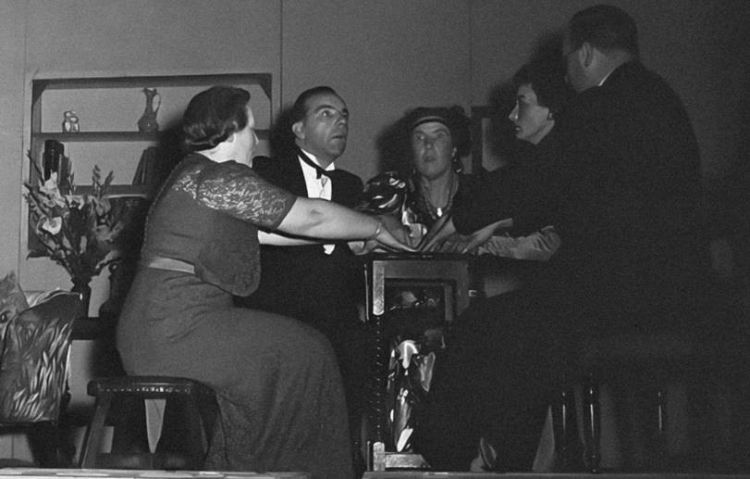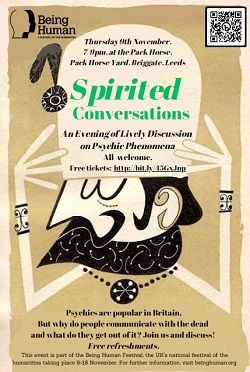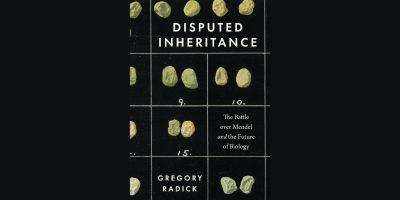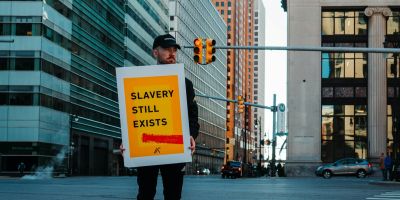Spirited Conversations: Wellbeing, Reason and Communication with the Dead

New research project exploring the impact of psychic events on modern religions to host live event in Leeds.
Psychic nights, in pubs, are increasingly common in Britain, especially since the pandemic, but why do so many people attend and what do they get out of it? Is there a connection between reason, well-being and spirit communication?
Weekday Worldviews: The Patrons, Promise and Payoff of Psychic Nights in England is a new research project to explore this fascinating - and growing - grassroots cultural phenomenon.
 The project is using mixed methods approach, comprising surveys, observation and interviews to investigate the attitudes of patrons of psychic events, analysing patterns of belief and their implication for understanding the relationship between science, spirituality and wellbeing.
The project is using mixed methods approach, comprising surveys, observation and interviews to investigate the attitudes of patrons of psychic events, analysing patterns of belief and their implication for understanding the relationship between science, spirituality and wellbeing.
The project group is hosting a free live café event: ‘Spirited Conversations: Wellbeing, Reason and Communication with the Dead‘, held on Thursday 9 November at the Pack Horse, Briggate, Leeds’ oldest hostelry. It is one of 24 live events held across the UK; tickets are still available on Eventbrite.
It is funded as part of the Being Human Festival a series of national events which aim to celebrate and demonstrate the ways in which the humanities inspire and enrich everyday lives.
Ground-breaking sociological investigation
This is a collaborative project led by Dr Adam Powell, (PI, Durham University), Dr Caroline Starkey (Co-I, Leeds) and Dr Josh Bullock (Co-Investigator, Kingston University) and has been funded for a year by the International Research Network for the Study of Science and Belief in Society (INSBS).
This aim is to conduct the first, ground-breaking sociological investigation of the relationships between worldviews and psychological wellbeing amongst those attending public psychic events in England.
Dr Caroline Starkey, Associate Professor of Religion and Society and co-investigator, explained the origins of the new work: “This project came about because I have attended psychic nights in the pubs and working men’s clubs of south Leeds and Wakefield, for some years now.
“My friends are interested in psychic phenomena, and many see psychics privately, as I have done in the past. I started off going with them for an evening, just for a laugh and something to do with my mates, but I very quickly realised that this was a really popular pastime, and a very emotionally-laden one, not just entertainment”.
The fact that you can see a psychics on TikTok, Instagram, at a private reading, or in the pub on many days of the week, demonstrates that academics are missing a rich area for research and study.
Hosted in pubs and working men’s clubs, often on weekday evenings, psychic nights are increasingly common – frequently attracting women in working-class areas, especially since the pandemic. Revitalising a tradition made popular in the late 19th century, mediumship events entail messages from the dead to provide comfort and connection, alongside physical demonstrations of spiritual presence.
Psychics in a social media age
Dr Starkey is a sociologist of religion in Britain and the project has taken her on a new journey of discovery into a growing popular subculture:
“I found that the growing number of psychics operational in Britain, especially since the pandemic, had had very little scholarly attention. Yet, given the explosion of interest in the paranormal (for example, the popularity of podcast/TV show/play, Uncanny) and the fact that you can see psychics on TikTok, Instagram, at a private reading, or in the pub on many days of the week, demonstrates that academics are missing a rich area for research and study”.
Where does the authority of science stand in a post-COVID world? And how is death reckoned with in a society in which 50% of the population claims no religion?
Dr Adam Powell, Lecturer in Medical Humanities and Religion at Durham University said, “Is this the Information Age or the age of ‘alternative facts’? Where does the authority of science stand in a post-COVID world? And how is death reckoned with in a society in which 50% of the population claims no religion? These questions have led our team to look to spiritualism and public psychic nights for answers. We want to know who attends and why because learning a bit about them may tell us a great deal about all of us”.
As Christianity declines, a new “patch and make-do spirituality” may have emerged
Co-investigator Dr Josh Bullock, senior lecturer in criminology and sociology at Kingston University, states that the number of people believing in communication with the dead in the UK remains relatively high, even as engagement with institutional religion, particularly Christianity, has declined. With a decline in Christianity, psychic night events and a “patch and make-do spirituality” may have emerged to ease existential anxieties and improve general well-being”.
The project is keen to highlight the ‘grassroots’ nature of this interest- organic rather than institutional, and one which fills a gap where institutional religion (especially the Church of England) has declined.
With a decline in Christianity, psychic night events and a “patch and make do spirituality” may have emerged to ease existential anxieties and improve general wellbeing
Dr Starkey explained, “We know that engagement with psychic phenomenon, especially in pubs, has had very little academic attention, but it is growing, so we are on the cutting edge of capturing what this means, especially for understanding the relationships between spirituality and place, class, gender, worldviews and wellbeing”.
Further information
- The event, Spirited Conversations: Wellbeing, Reason and Communication with the Dead‘, will be held on Thursday 9 November at the Pack Horse, Briggate, Leeds; tickets are still available on Eventbrite.
- Have you attended a psychic night? Respond to the project survey if you’d like to take part.
- The Being Human Festival: https://www.beinghumanfestival.org/
- Read more about the research project: Weekday Worldviews: The Patrons, Promise and Payoff of Psychic Nights in England.




